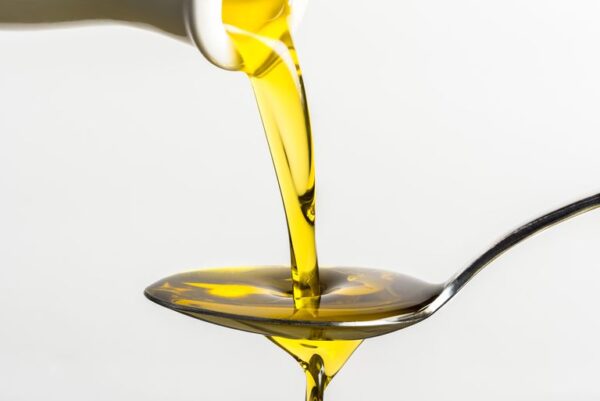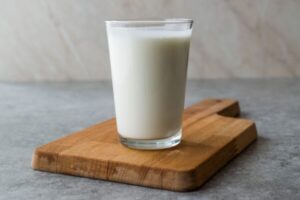Used Cooking Oil Transformed into Biofuel

Cooking Oil
As the world’s need for transportation of goods and people continue to grow, researchers are working hard in an attempt to find other types of fuels which do not harm the environment.
The research and development of eco-friendly fuels such as biofuels and bio liquids, is well under way, taking into consideration how the development of biofuels previously encountered numerous obstacles, the industry seems to be cleaning up now promoting the emergence of new, innovative and sustainable solutions.
MBP Solutions is setting a good example for the future by dedicating its effort into the production of biodiesel from potentially hazardous used cooking oil. This is important because when not collected, the used cooking oil (UCO) is generally thrown down the drains.
After the UCO is done in providing a food source for vermin, it finds its way into the treatment plants. Used oil is one of the most difficult products to treat and eliminate in the treatment plants. Therefore, transforming the UCO from waste to produce biodiesel is very environmentally friendly.
Benefits of using used cooking oil to make biofuels
· Protects the environment
Meteorologists across the world continue to record rising temperatures every year. One major factor that causes global warming is the greenhouse gas emissions. In some countries, there are strict laws which have been established to minimize the emissions. Unfortunately, most countries are reluctant to follow suit thus causing an increase in the emission of the harmful gasses, which include methane, carbon dioxide and carbon monoxide. These gasses greatly affect the ozone layer by compromising its integrity.
The ozone layer acts as the world’s protective shield against the harmful UV rays by absorbing much of the heat waves being generated by the sun. When the shield is compromised, the Ultra Violet heat waves find their way onto the Earth surface thus raising the temperatures.
Biodiesel obtained from recycling the UCO is a clean fuel that substitutes the need for fossil fuels. The use of biodiesel by the diesel powered engines such as vehicles and industry machines result in the decline of greenhouse gas emissions by 90%.
· Provides an eco-friendly solution to UCO disposal
Many restaurants, hospitals, hotels and even households usually dispose of their used cooking oil in the kitchen drain. Often they reason that it is the safest disposal method because waste water is also disposed in that manner. They do this because they know that the drainage system usually leads to the sewage treatment plant. Unfortunately, what they fail to realize is that water and UCO have very different properties.
The used cooking oil will eventually solidify into chunks when the temperature is lowered and end up clogging the drain pipe thus blocking the sewage system. As a result these two scenarios will happen.
One, your kitchen will not drain waste water which will prompt you to seek the services of a plumber who will charge a hefty price for conducting repairs. The other unpleasant scenario is that the clogged sewage pipe found along the street will soon start spewing its contents onto the street itself. This exposes the entire neighborhood to bad odor not forgetting the disease-causing pathogens too. By recycling the used cooking oil, all the above scenarios are avoided.
· Job creation
The implementation of the large scale recycling of used cooking oil by MBP Solution has created jobs. Some of the fields that have benefited from the recycling of UCO include those involved in the collection and processing of the UCO and the staff involved in the sales and marketing of the biofuel.
Final Remarks
There are concerns raised by the public who are against the application of primary oils as a source of fuel instead of human consumption. MBP Solutions understands their concern hence the reason why they emphasize on the production of biofuels strictly from waste and by-products such as the used cooking oil meant for disposal by the food processing industries and not primary oils.






